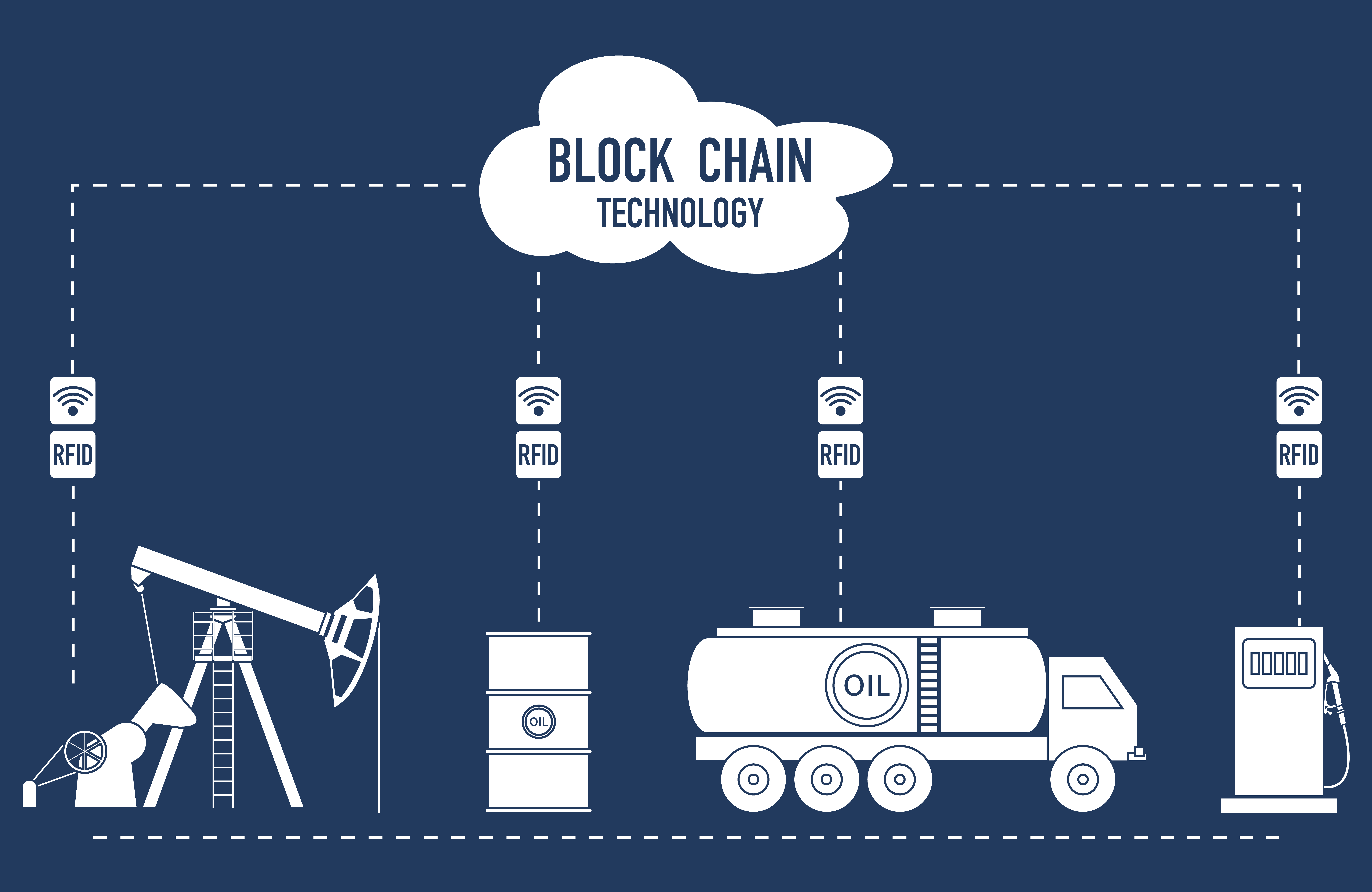
The Place for Blockchain in Manufacturing
April 17, 2019
There really is no stopping the industrial revolution. Likened frequently to “lightening in a bottle,” the latest Industry 4.0 involves incredibly fast changes in the sector through data exchange and the internet of things (IoT). These technological changes have created a seismic shift within the manufacturing industry — from how its workforce operates, to the way people make their purchases.
Along with big data analytics and the IoT, one type of technology changing the world as we know it is blockchain. It became popular following the rise of cryptocurrencies and has since disrupted industries like travel, media, and even healthcare.

The financial sector, of course, stands as witness to the disruptive potential of blockchain, due to its ability to store data in a decentralized and immutable manner. As for the manufacturing sector, these benefits present a better way to manage the supply chain because it replaces the slow and manual, paper-centric processes that the industry has long relied on. In its place, manufacturers have encrypted transactions and ledgers that make sure everything is secured and accounted for. Blockchain in the supply chain also helps minimize human error. Disruptor Daily reveals that a typical shipper loses $50,000 to $150,000 each year because of human error due to issues with invoices. To reduce these incidents and their effects, manufacturers can use a blockchain-based management platform, which can automate transactions, record keeping, inventory tracking, and data entry.
Impact on IP
In addition, the actual creation of products can also be impacted by blockchain through 3D printing. However, there are still talks about whether or not it’s a violation of intellectual property rights. Digitalist Magazine notes that 3D printing could result in a massive $100 billion loss per year in intellectual property globally. But then again, the very technology of blockchain could also protect these creators. Data and rights holders could simply store metadata about their creations on a blockchain — creating limits in terms of corporate manufacturing, while protecting their intellectual property.
Transparency is yet another issue that blockchain technology can help address. Since data within a blockchain is decentralized, it can be used to create and maintain a shared database that can be regularly reconciled.
The Flow of Goods

Goods can easily be tracked through it, too, using blockchain-powered activity logs that allow manufacturers to keep tabs on the flow of goods between companies. Syncron chief marketing officer Gary Brooks says this will eventually give the industry more credibility and improve public trust in a product, explaining, “This provides an extra level of transparency and control.” Brooks also mentions how, although blockchain is fast becoming more mainstream in business, it’s still relatively new. “Many IT teams are having to research the technology in order to gain the knowledge and experience necessary to deploy it successfully,” he said. In this regard, Maryville University examined the job market for computer science graduates and found that there were already over 1.25 million software development jobs across the country, a figure that is likely to grow tremendously by 2026. This significant number of potential experts, plus growing consumer expectations, might just be the necessary combination to give manufacturers the confidence to fully embrace blockchain technology.
Blockchain certainly has a place within the manufacturing industry. Forbes magazine proclaims that “Blockchain’s greatest potential to deliver business value is in manufacturing.” But as for how far it will go — that is a future the industry’s movers and shakers are all looking forward to creating.
— Authored by guest contributor, Jem Brenda